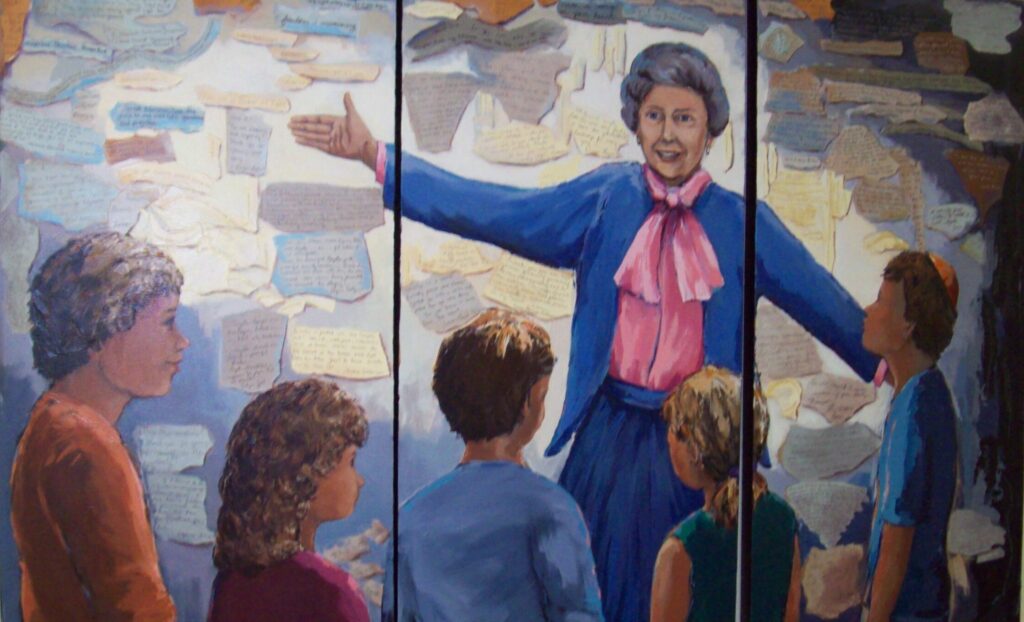As the last Holocaust survivors pass away, who remains to share their stories? Testimonies are crucial, yet they risk becoming mere historical artifacts. They are often long and detailed, making them challenging to process. How can we make Holocaust research and testimony more personal and contemporary?
“Poems of the Holocaust: Tattooing the Truth” by Ms. Zoe Fishman answers this question. This collection contains eight original poems, each with insights into their creation and links to survivor testimonies from the Shoah Foundation Visual History Archive, the world’s largest Holocaust survivor video archive founded by Steven Spielberg.
These poems focus on the tattoos of Holocaust survivors, each exploring different aspects such as the tattooing process or the perspectives of survivors’ children. In today’s society, identity is seen as chosen, not reluctantly adopted. During the Holocaust, identity was imposed.
Through this collection, Ms. Fishman illuminates the concept of imposed identity, which affects survivors and future generations. Her work strives to keep the Holocaust relevant and uses its lessons as powerful educational tools.
1) Small by Zoe Fishman
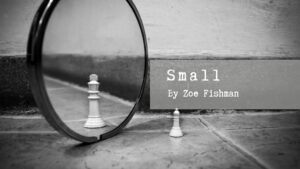
The poem details Holocaust survivor Elizabeth Feldman De Jong’s tattooing process and her thoughts during this process. It is important to note that this poem is juxtaposed to the next poem, Mr. Adam Boren’s “127956,” to show how reliving the tattooing process differs for men and women. Read more
2) 127956 by Zoe Fishman
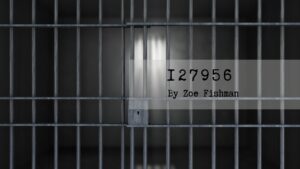
The poem is based on the testimony of Holocaust survivor Adam Boren. It details his tattooing process and mental frame around this process. This poem is juxtaposed with Mrs. De Jong’s poem, “Small.” Read more
3) Words by Zoe Fishman
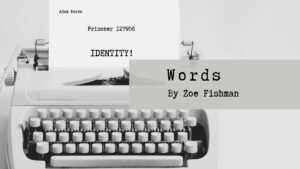
Zoe Fishman’s poem “Words” is inspired by Adam Boren’s testimony and modeled after Yala Korwin’s “Such Innocent Words.” Fishman uses minimal, powerful language to reflect Boren’s succinct way of speaking. The poem’s structure, with each two-line group contrasting his pre- and post-tattoo identity, illustrates how the tattoo number became his entire identity. Read more
4) Knife by Zoe Fishman
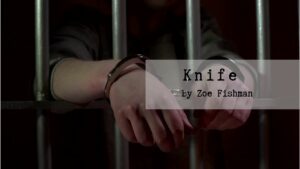
This poem is based on the testimony of Holocaust survivor Nelly Bondy. The poem explains the thoughts and emotions that led Ms. Bondy to the decision to remove her tattoo. It is important to note that this poem juxtaposes the next poem, “Mirror,” which deals with Ms. Jola Gross’s decision to keep her tattoo. Read more
5) Mirror by Zoe Fishman
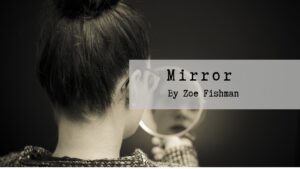
This poem is based on the testimony of Holocaust survivor Jola Gross. It details Ms. Gross’s views on who she is as a woman and human being overall. The reader can better understand how Ms. Gross views her tattoo and why she decided to keep it. This poem is juxtaposed with Ms. Bondy’s poem, “Knife.” Read more
6) Dear Mother by Zoe Fishman
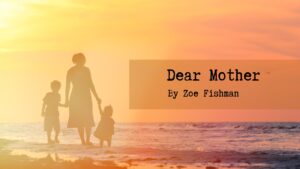
This poem is based on the life of Holocaust survivor Ann Gilbert. “Dear Mother” is written from the viewpoint of Ms. Gilbert’s children, who express how they feel about her as a mother overall. It also elucidates the generational effects the children of Holocaust survivors feel.
7) Beneath by Zoe Fishman
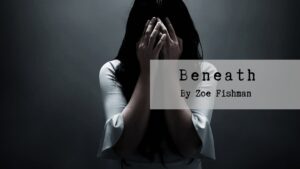
This poem is based on the life of Holocaust survivor Ann Gilbert. This poem, written from the viewpoint of Ms. Gilbert, illuminates how she feels about Holocaust tattoos and being a Jewish mother. It touches on her troubles with expressing her religious affiliation and the story of her experiences during the Holocaust to her children. Read more
8) Evolution by Zoe Fishman
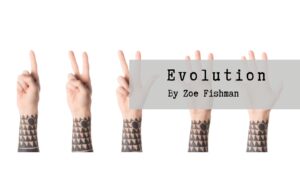
Zoe Fishman’s poem “Evolution” is a culmination of her project. It addresses the symbolism, stigma, and personal significance of tattoos. Fishman shares her own journey with tattoos, reflecting on societal perceptions and personal empowerment. She notes the shift in the perception of tattoos from fear-inducing symbols to expressions of individuality and comfort. Read more
